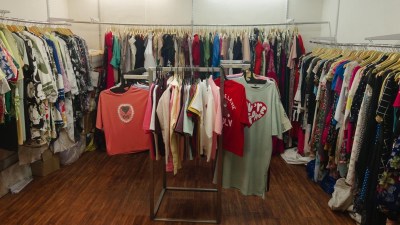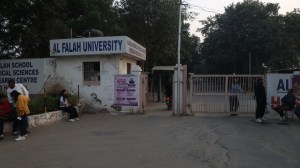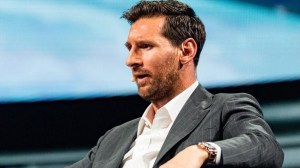Ambushing freedom
South African businessman, Arthur Williamson, carried an aerated drink of his choice into a public place and was publicly humiliated and ass...

South African businessman, Arthur Williamson, carried an aerated drink of his choice into a public place and was publicly humiliated and assaulted by security officials.
According to reports, this particular individual8217;s crime was that the official sponsors of the event did not approve of his beverage. The company that manufactured his drink was the arch-rival of the one that was officially sponsoring the event. That the event just happened to be a World Cup match, and the condemned drink just happened to be Coca-Cola is incidental. Today, it seems, big corporations are willing to go to any length to instil brand loyalty in their customers.
Aggressive promotions have resulted in brands being rendered as generic terms. It is common now for people to refer to toothpaste as 8216;Colgate8217;, and detergent as 8216;Surf8217; or 8216;Nirma8217;, or a cola as a 8216;Campa Cola8217; and so on.
All this undermines the right to freedom, one of the most basic and fundamental of human rights. There is no doubt that what we choose to wear, to drive, to eat, and to buy, is to a large extent dictated by aggressive, yet convincing advertisements. However, the consumer makes the ultimate choice. And while there may be various influences dictating that choice, no choice can be made at gunpoint, so to speak. If a child does not like the taste of a certain kind of chocolate, produced by XYZ company, no one can make her eat it, no matter what the ads say or the embellishments and free gifts are.
What if Arthur Williamson, the South African businessman drinking the condemned cola was wearing a T-shirt that was not approved by the World Cup organising committee? Since all the Coca-Cola in his possession was promptly confiscated, perhaps his T-shirt would have been removed, or worse, he may have been asked to leave the premises.
The issue here is that an individual8217;s freedom of choice was violated on the grounds that his choice was not the right one. 8216;Yeh hi hai right choice baby8217; may be the slogan of a leading cola company, but to be penalised for making the 8216;wrong choice8217; cannot be justified on any counts.
The FIFA World Cup 2002 was sponsored by Adidas among others, yet one did not hear of someone8217;s Nike or Reebok shoes being confiscated on the grounds that the individual was endorsing the rival company. The sponsors of an event have a right to advertise on the spaces and sites that they pay for. When a certain sportsperson is under contract with a sports company to endorse its products, it is understood that she/he cannot endorse products manufactured by its rival companies.
But, surely, the consumer at large has the freedom to choose one product against the other, one brand over the other? The day that this freedom is violated, we will all be reduced to banners, promoting the virtues of one big brand or the other.
- 01
- 02
- 03
- 04
- 05






























